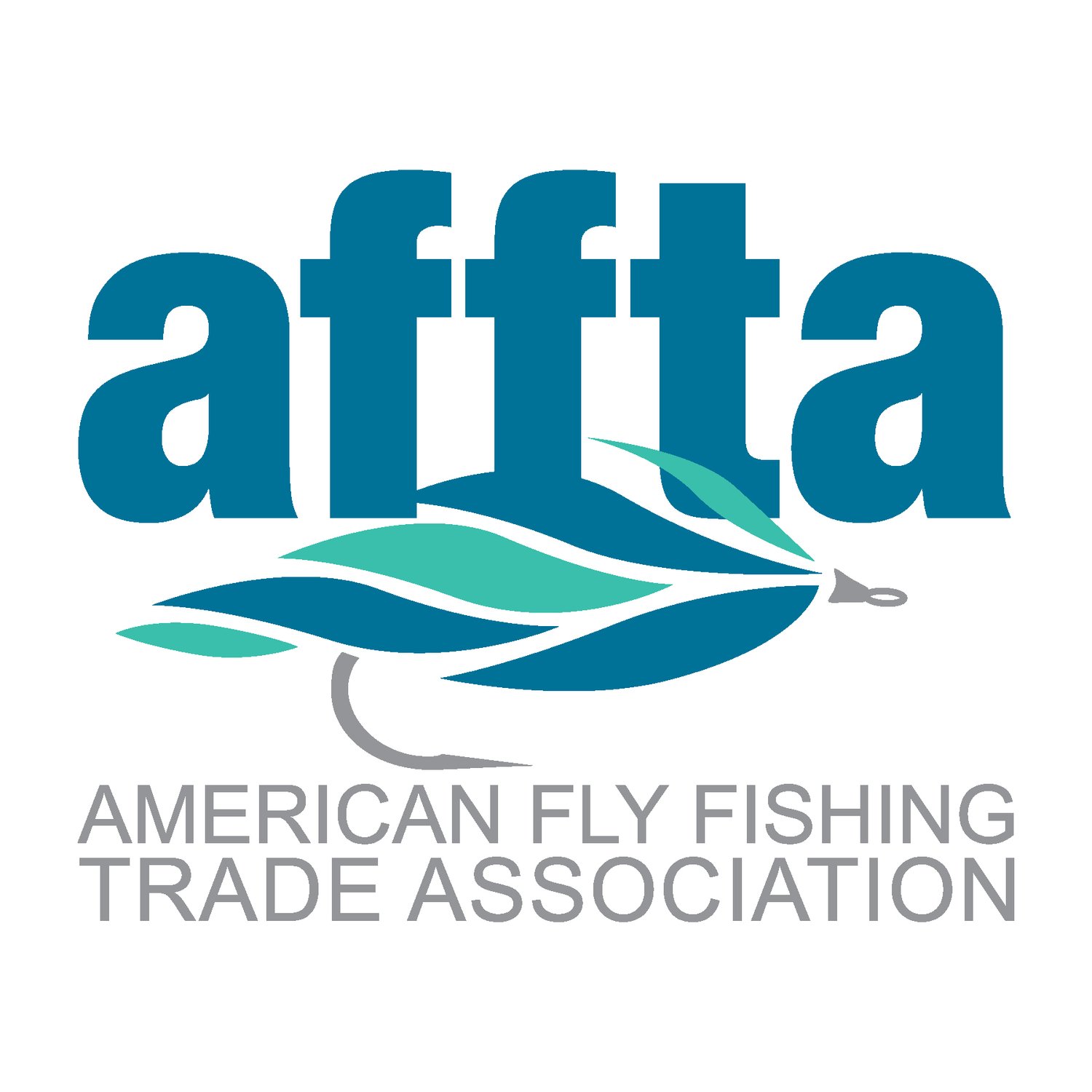June 26, 2024
The Honorable Cliff Bentz
Chair House Natural Resources Committee
Subcommittee on Water, Wildlife, and Fisheries
United States House of Representatives
409 Cannon House Office Building
Washington, D.C. 20515
The Honorable Jared Huffman
Ranking Member House Natural Resources Committee
Subcommittee on Water, Wildlife, and Fisheries
United States House of Representatives
2445 Rayburn House Office Building
Washington, D.C. 20515
Dear Chairman Bentz, Ranking Member Huffman, and Members of the Water, Wildlife, and Fisheries Subcommittee:
The undersigned hunting, fishing, and conservation organizations write to share our full support for the bipartisan Resilient Coasts and Estuaries Act (H.R. 6841) and to encourage the committee to advance this important legislation. With your efforts, Congress can strengthen coastal and estuarine habitats across the United States and defend outdoor recreation opportunities and economies that rely on effective, locally-led conservation and research.
Along the almost 100,000 miles of American shoreline, outdoor recreation is not only a lifestyle, but also a lifeline for local communities. Nationwide, the economic output of outdoor recreation is calculated at $1.1 trillion, accounting for 2.2 percent ($663.7 billion) of the total U.S GDP and 3.2 percent of total U.S. employment. As of 2021, all of the top ten states for outdoor recreation spending were located along our oceans or Great Lakes. And according to NOAA, “the ocean-based tourism and recreation sector alone employs more Americans than the entire real-estate industry, as well as more people than building construction and telecommunications combined.” The economic significance of this sector is a testament to the impact of hunting and fishing and to the stewardship of recreational lands and waters.
As we recognize the reliance of coastal and Great Lakes communities on outdoor recreation, it’s crucial to recognize outdoor recreation’s own reliance on forward-thinking conservation and research. This industry and its traditions are inexorably tied to the health of our natural spaces and local ecosystems. Through the Resilient Coasts and Estuaries Act, the House Committee on Natural Resources can conserve our coastal and Great Lakes environments and their widespread recreational and economic benefits.
H.R. 6841 centers on two key conservation programs established under the Coastal Zone Management Act: the Coastal and Estuarine Land Conservation Program (CELCP) and the National Estuarine Research Reserve System (NERRS). The Coastal and Estuarine Land Conservation Program bolsters state and locally led efforts, offering a 1:1 match for the protection of coastal lands that are ecologically important or possess other values, such as historic features, scenic views, or recreational opportunities. To date, CELCP has protected more than 110,000 acres of coastal and estuarine land, ensuring access to quality places to hunt and fish for millions of Americans in every coastal state. If enacted, the Resilient Coasts and Estuaries Act would reauthorize CELCP at its last authorization level, rename the program, and expand eligibility to streamline the participation of non-profit conservation organizations.
The National Estuarine Research Reserve System provides crucial stewardship, research, training, and education necessary to manage and conserve estuaries across the United States. The system currently contains 30 reserves, all owned and operated by state or local governments. The programs conducted by
America’s research reserves help coastal and estuarine communities understand and adapt to new challenges, ensuring the continued prosperity of coastal ecosystems and economies that are vital to local outdoor recreation traditions. If enacted, the Resilient Coasts and Estuaries Act would reauthorize NERRS at its current appropriation level, direct the establishment of additional reserves, expand monitoring activities, and prohibit the curtailment of existing hunting, fishing, and cultural uses of reserve lands.
Together, the Coastal Zone Management Act and the National Estuarine Research Reserve System provide meaningful support for coastal and Great Lakes environments, and for the hunters, anglers, and community members who rely on them. The Resilient Coasts and Estuaries Act offers responsible authorizations for these programs without spending hikes, federal land acquisitions, or recreational restrictions. Ultimately, H.R. 6841 presents a straightforward opportunity to support local conservation in vulnerable coastal and estuarine regions. We urge you to support this legislation and to help protect the places, the people, and the traditions that make our coasts and Great Lakes special. Thank you for your time and for your consideration. We look forward to working with you to pass the Resilient Coasts and Estuaries Act.
Sincerely,
AFFTA Fisheries Fund
American Fly Fishing Trade Association
American Sportfishing Association
Angler Action Foundation
Association of Fish & Wildlife Agencies
Backcountry Hunters & Anglers
Bass Anglers Sportsman Society (B.A.S.S.)
Bonefish & Tarpon Trust
Coastal Conservation Association
Ducks Unlimited
Fly Fishers International
Guy Harvey Foundation
Minority Outdoor Alliance
National Marine Manufacturers Association
North American Falconers Association
The Nature Conservancy
Theodore Roosevelt Conservation Partnership
Wild Salmon Center

